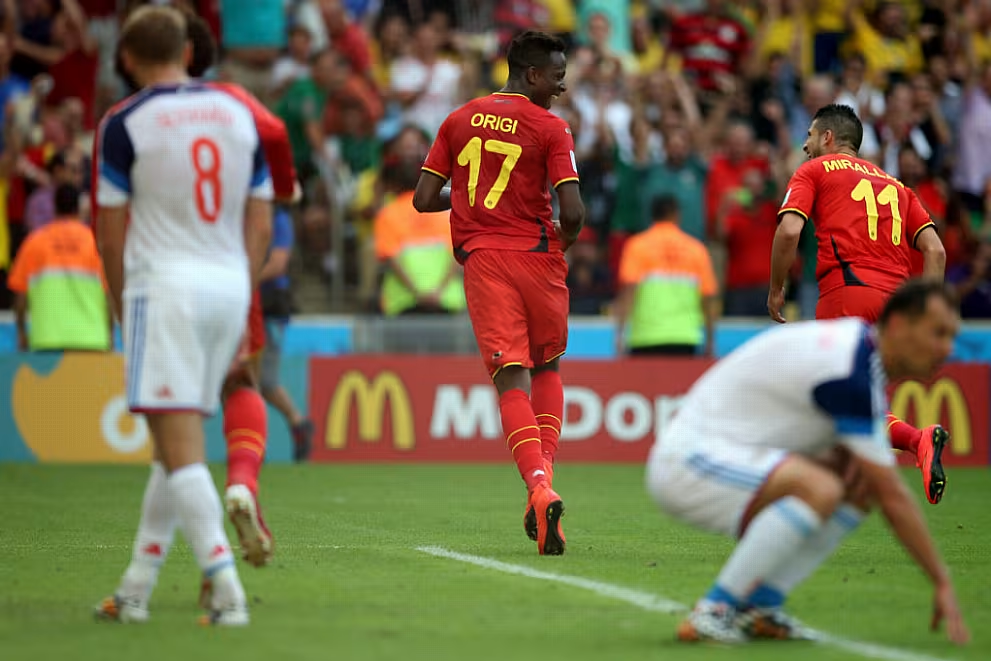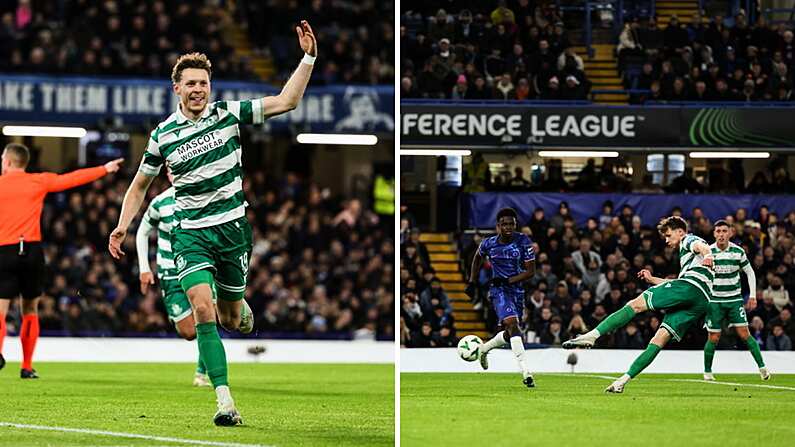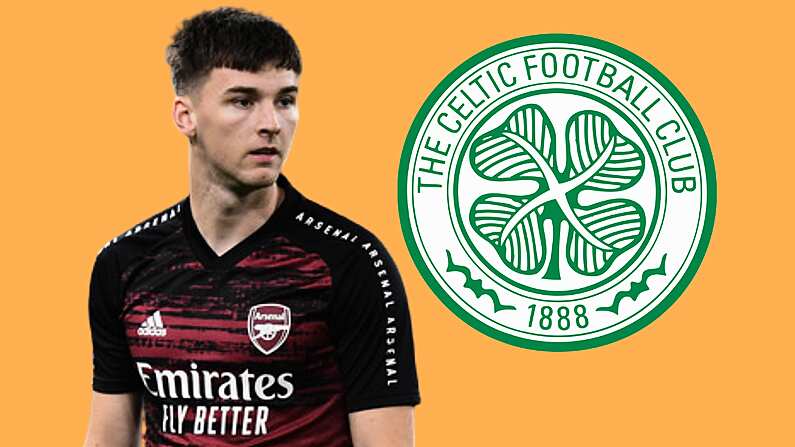In early 2016, the world looked to be Divock Origi's oyster. Leading the line for Liverpool at the start of the Jurgen Klopp revolution, he was one of the rising stars in English football. His boundless energy and lightning fast pace made him a nightmare for opposing defenders, and he seemed the perfect striker to implement Klopp's 'gengenpress' philosophy.
He looked to be living up to the lofty expectations Liverpool fans had for him on his arrival, something they had been waiting over a year for.
Origi burst onto the scene during the 2014 World Cup, starting up front for Belgium as a 19-year old. He scored in that tournament too, and the footballing world stood up and took notice.
He was courted by all of Europe's big clubs, but he was ultimately wooed by Brendan Rodgers and Liverpool. Just a few months prior, The Reds had come agonisingly close to ending their league title drought. Under the tutelage of a young British manager, Origi could be a key component of Liverpool's inevitable rise back to the top of the English game.

Lille were not easy to negotiate with however, and insisted that the player remained on loan in France for one more season. Liverpool reluctantly agreed, confident that he was worth the wait.
The following season was not a fruitful one for either party. Liverpool suffered badly after the departure of Luis Suarez, limping to a 6th-placed finish. Origi endured a mixed season in France, looking like a player who already had one eye directed towards Merseyside.
When he finally arrived, he initially struggled. So did Liverpool. Brendan Rodgers was dismissed in October 2015, and Jurgen Klopp would be his replacement. The energetic German preferred his teams to play in a similarly frantic style, and the combination could hardly have suited Origi better.
He was soon instated as the team's number one striker, ahead of Daniel Sturridge. He looked well on his way to fulfilling the promise he displayed at that 2014 World Cup.
Over the next few months, Origi's star continued to soar. On April 7th he led the line and scored in Dortmund, as Liverpool drew 1-1 in the Europa League quarter final first leg. He did the same in the dramatic 4-3 victory at Anfield a week later.
Heading into the Merseyside derby on April 20th, the Belgian was at the highest point of his young career. That game started that well too, netting the opener just before half time. Then, a career-altering moment.
Everton defender Ramiro Funes Mori produced a horror tackle on the then 21 year-old. It was immediately obvious that the injury was serious. Funes Mori received a straight red card, and celebrated as he walked off the pitch, tugging at the crest on his jersey.




The Argentine apologised after the game, but it was too little too late for Origi. He had suffered a bad ankle injury. It was a killer blow, both for the player and Liverpool.
He would somehow play a small part in the Europa League final, with Liverpool falling to a 3-1 defeat at the hands of Sevilla. It was clear he was not fit that day, and the lasting impacts of that moment have been clear for all to see.
He has not looked the same player since. While he still made 34 Premier League appearances the following season, the vast majority came from the bench. Roberto Firmino had firmly established himself as the team's starting striker, and Origi became a bit part player.
He spent last season on loan at Wolfsburg, scoring only six times as his team battled relegation. The heights reached during that 15/16 campaign have in many ways become a distant memory.

Origi remained at Liverpool this summer, rejecting the chance to move to promoted side Wolves. He has seen hardly any playing time, not even making the bench for most of the games this season.
But he was there yesterday, ready to be called upon. With Liverpool chasing a goal late on, Jurgen Klopp rolled the dice. Origi was back on the pitch for Liverpool in the same venue, and against the same side, where he suffered that career-altering moment 32 months before.
Wouldn't you know it, he scored the winner. It was a downright bizarre goal, but one that would have meant a hell of a lot to Divock Origi. There was a sense of poetic justice behind it all.
Jurgen Klopp is well aware of the goal's significance:
I said it to him, when I went to him on the pitch I had it in my mind. I've never forgot it since. Fouls and harsh tackles happen, but in his case it was so obvious that it was a break in his development.
At that time he was outstanding. After that, it took a long time before he felt absolutely nothing.
In the Europa League final he was somehow ready but not completely pain free. Then there was a tournament [Euro 2016] when he couldn't really show up there.
It all changed a little bit [for him], you lose confidence and you don't play from here anymore. When Div played at that time he was unbelievable threat, he had speed, he was strong, remember the Dortmund game and stuff like that.
So it was always in my mind about Div, that night. And coming on tonight, he can finish that book and from now on everything will be fine again.
Whether this moment can lead to an upturn in the player's fortunes remains to be seen. Liverpool fans will certainly hope so. We may never see Origi again reach the heights he did during Jurgen Klopp's debut campaign, but this moment could go some way to healing the wounds of that fateful night at Anfield in April 2016.












